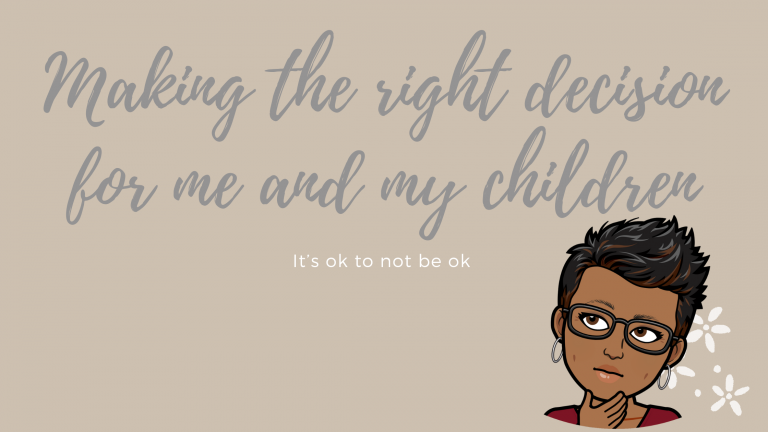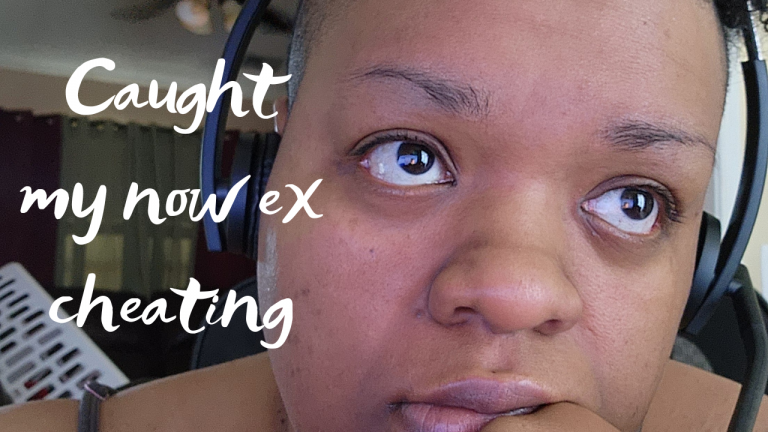5 Simple Ways to Rebuild Your Credit Score After Financial Setbacks: A blog post that offers practical and simple tips on how to rebuild your credit score after facing financial setbacks.

Being a Mom, Blogger, Entrepreneur, and Author(Opens in a new browser tab)
Sometimes life throws unexpected curveballs that can put a strain on our finances. Whether it’s a job loss, unexpected medical bills, or an emergency expense, financial setbacks can have a lasting impact on our credit score. A poor credit score can make it difficult to obtain loans, credit cards, or even rent an apartment. However, rebuilding your credit score is not impossible. In this post, we will share with you five simple steps to help you rebuild your credit score after a financial setback. By following these steps, you can regain control of your finances and pave the way for a brighter financial future.
@iamsngeter
Understanding Your Credit Score
Bath and Body Works Semi Annual Sale!(Opens in a new browser tab)
Understanding your credit score is the first step to rebuilding it after financial setbacks. Your credit score is a number that reflects your creditworthiness and is used by lenders to determine whether or not to lend you money. It is important to note that your credit score is not a fixed number and can change over time. There are three major credit bureaus that compile credit information: Experian, Equifax, and TransUnion. Your credit score is calculated based on this information and ranges from 300 to 850. A score of 700 or higher is considered good, while a score below 600 is considered poor.
To improve your credit score, you will need to address any negative factors that are impacting it. These may include late payments, high balances, and delinquent accounts. Once you have identified the factors that are negatively impacting your credit score, you can take steps to address them. This may include paying off high balances, making on-time payments, and disputing any errors on your credit report. By taking these steps, you can start to rebuild your credit score and move towards a better financial future.
Review Your Credit Report for Errors
What should you do with this years tax refund(Opens in a new browser tab)
One of the most important steps to rebuild your credit score after financial setbacks is to review your credit report. You can request a free credit report from each of the three major credit bureaus once a year. By reviewing your credit report, you can make sure that all of the information listed is accurate. If you find any errors, you should immediately dispute them with the credit bureau. Incorrect information can hurt your credit score, so it’s essential to make sure that your report is accurate.
Additionally, reviewing your credit report can also help you identify any areas where you need to improve. For example, if you see that you have a lot of late payments or high credit card balances, you can take steps to address these issues and improve your score. By taking the time to review your credit report, you can ensure that your credit score is accurate and take steps to improve it.
Create a Plan to Pay Off Your Debts
If you are looking to rebuild your credit score after experiencing financial setbacks, creating a plan to pay off your debts is crucial. Start by making a list of all your debts, including the outstanding balance, interest rate, and minimum monthly payment. This will give you a clear understanding of the amount of debt you have to tackle and how much you will need to pay each month.
Next, prioritize your debts. Focus on paying off high-interest debts first, as they can quickly accumulate and become overwhelming. You can do this by either paying off the debts with the highest interest rates first or consolidating your debts into a single lower-interest loan. Once you have your debts prioritized, create a budget that allows you to make the minimum payments on all your debts while still having enough money left over to tackle your high-interest debts. Stick to this budget rigorously and avoid taking on any new debt until you have paid off your existing debts. Consider setting up automatic payments for your bills and debts to avoid missed payments and late fees.
This will also help you to build a good payment history, which is crucial in rebuilding your credit score. Finally, be patient and persistent. Rebuilding your credit score takes time and effort, but with a solid plan in place, you can get there. Stay committed to paying off your debts and avoiding new debt, and before you know it, your credit score will start to improve.Watch out Bath and Body Works here comes Goose Creek Candles(Opens in a new browser tab)
Start Building Positive Credit History
One of the best ways to rebuild your credit score after experiencing financial setbacks is to start building a positive credit history. The first step is to get a copy of your credit report and review it for accuracy. You want to make sure there are no errors that could be negatively impacting your credit score. Once you’ve reviewed your credit report, you can start taking steps to build positive credit history.
One way to do this is to open a secured credit card. This type of credit card requires you to put down a deposit, which is used as collateral in case you don’t make your payments. This helps to minimize the risk for the credit card company and allows you to start building a positive credit history. Another way to build positive credit history is to make all of your payments on time. This includes your credit cards, loans, and any other bills you have. Late payments can hurt your credit score, so it’s important to stay on top of your payments.
Additionally, it’s important to keep your credit utilization ratio low. This means not using all of the available credit on your credit cards. A high credit utilization ratio can also negatively impact your credit score. Finally, avoid opening too many new credit accounts at once. Each time you apply for credit, it can hurt your credit score. By following these simple steps, you can start building positive credit history and rebuild your credit score after experiencing financial setbacks.
Conclusion
How To Create A Business Plan(Opens in a new browser tab)
We hope you have found our article on rebuilding your credit after financial setbacks helpful. It is never too late to improve your credit score and regain financial stability. By following the steps outlined in our post, you can work towards improving your credit score and financial standing. Remember, rebuilding your credit takes time, but it is achievable with patience and effort. Thank you for reading and good luck with your credit-rebuilding journey!

Making the right decisions for me and my children.
This post may contain affiliate links, meaning I’ll receive a commission if you purchase through my links, at no extra cost to you. The past few months have been a complete whirlwind for me. Changes, changes, and more changes. This …
Making the right decisions for me and my children. Read More »

Heartbreak to Healing: Navigating Life After a Breakup
This post may contain affiliate links, meaning I’ll receive a commission if you purchase through my links, at no extra cost to you. Experiencing a breakup can be one of the most challenging and emotionally turbulent times in a person’s …
Heartbreak to Healing: Navigating Life After a Breakup Read More »

Navigating the Gig Economy: A comprehensive guide on how to thrive as an independent contractor in today’s gig economy.
This post may contain affiliate links, meaning I’ll receive a commission if you purchase through my links, at no extra cost to you. The gig economy is a rapidly growing sector that has transformed the landscape of traditional employment. This …
Finding Balance: Navigating the Daily Struggles of Motherhood
This post may contain affiliate links, meaning I’ll receive a commission if you purchase through my links, at no extra cost to you. Being a mom is one of the most rewarding jobs in the world, but it can also …
Finding Balance: Navigating the Daily Struggles of Motherhood Read More »

Discover the Perfect Cool Healthy Treat for Everyone!
This post may contain affiliate links, meaning I’ll receive a commission if you purchase through my links, at no extra cost to you. Who says healthy food has to be boring and tasteless? When it comes to treats and desserts, …
Discover the Perfect Cool Healthy Treat for Everyone! Read More »

Embrace the Cozy Vibes: Fall is in the Air and Here’s How to Enjoy It to the Fullest!
This post may contain affiliate links, meaning I’ll receive a commission if you purchase through my links, at no extra cost to you. Embrace the Cozy Season: Fall Decorating Ideas to Warm up Your Home(Opens in a new browser tab) …
Embrace the Cozy Vibes: Fall is in the Air and Here’s How to Enjoy It to the Fullest! Read More »






Leave a Reply